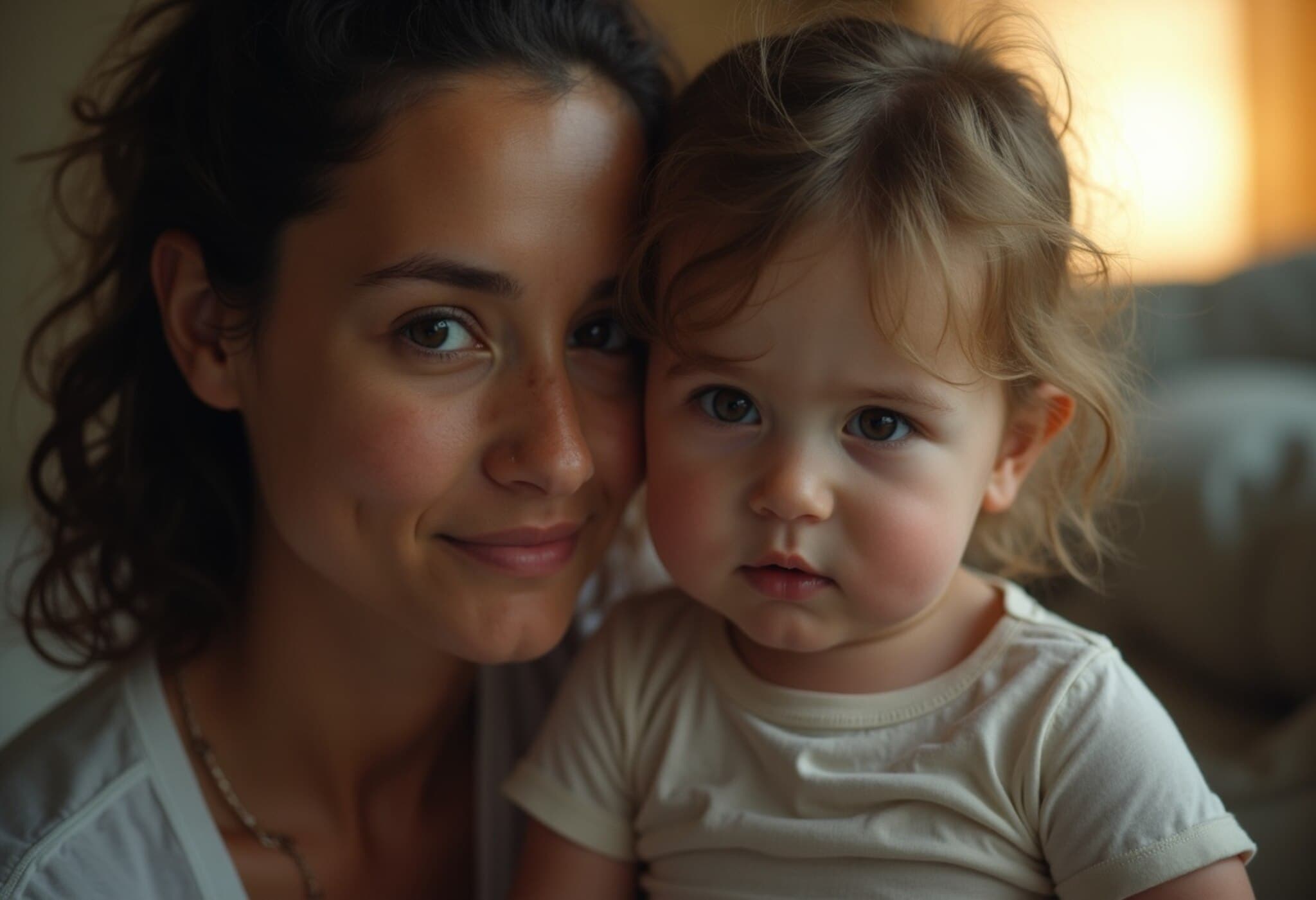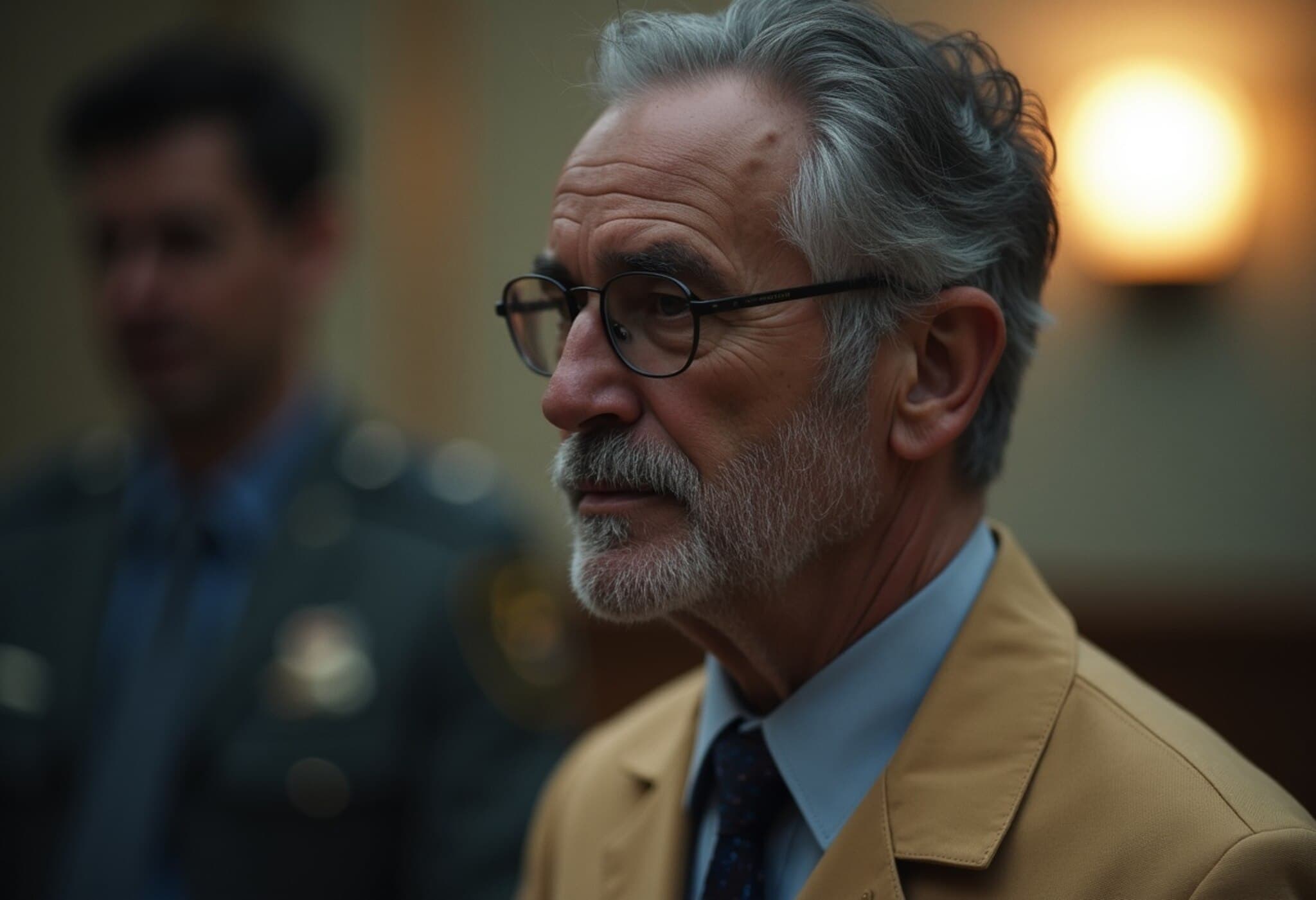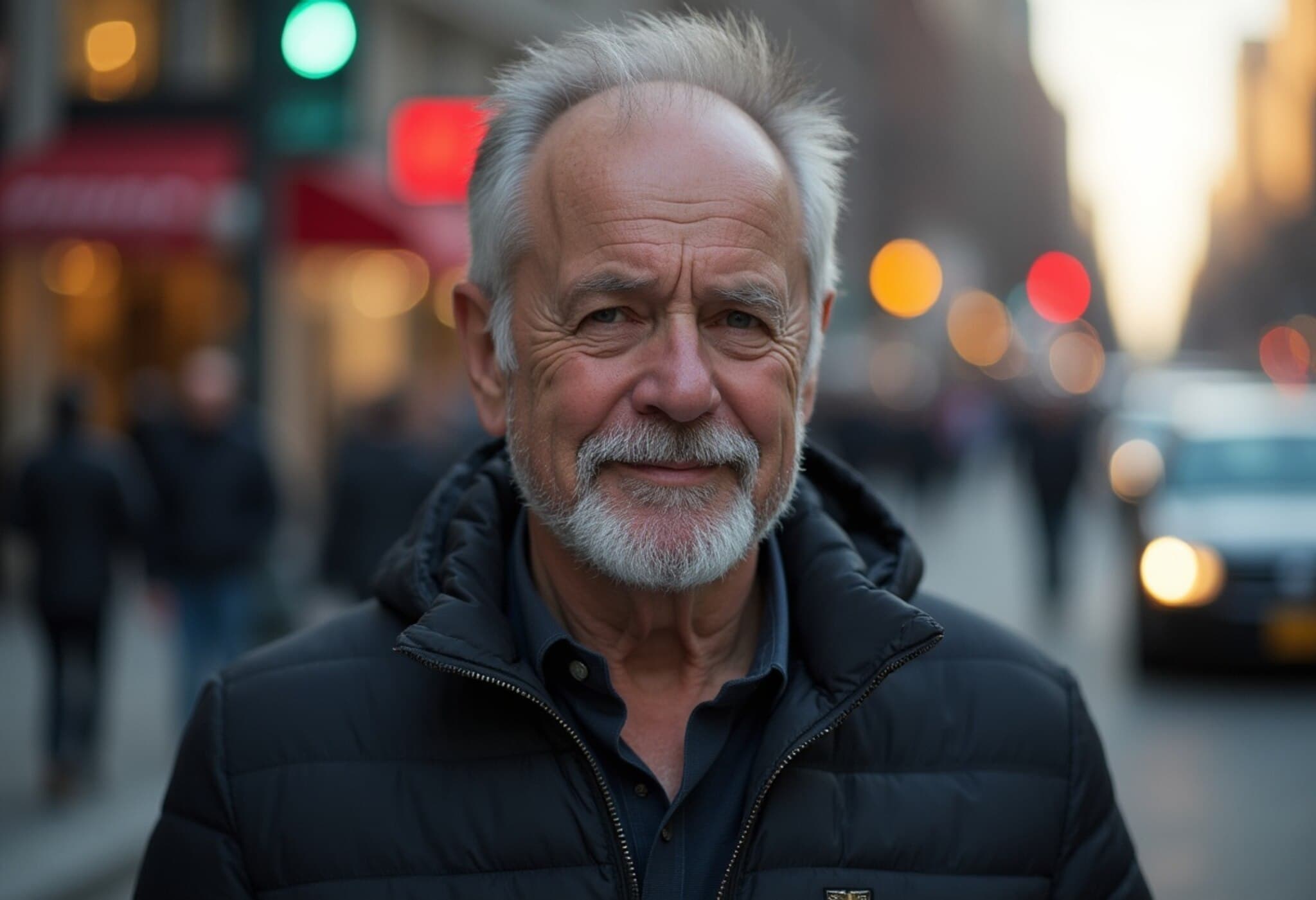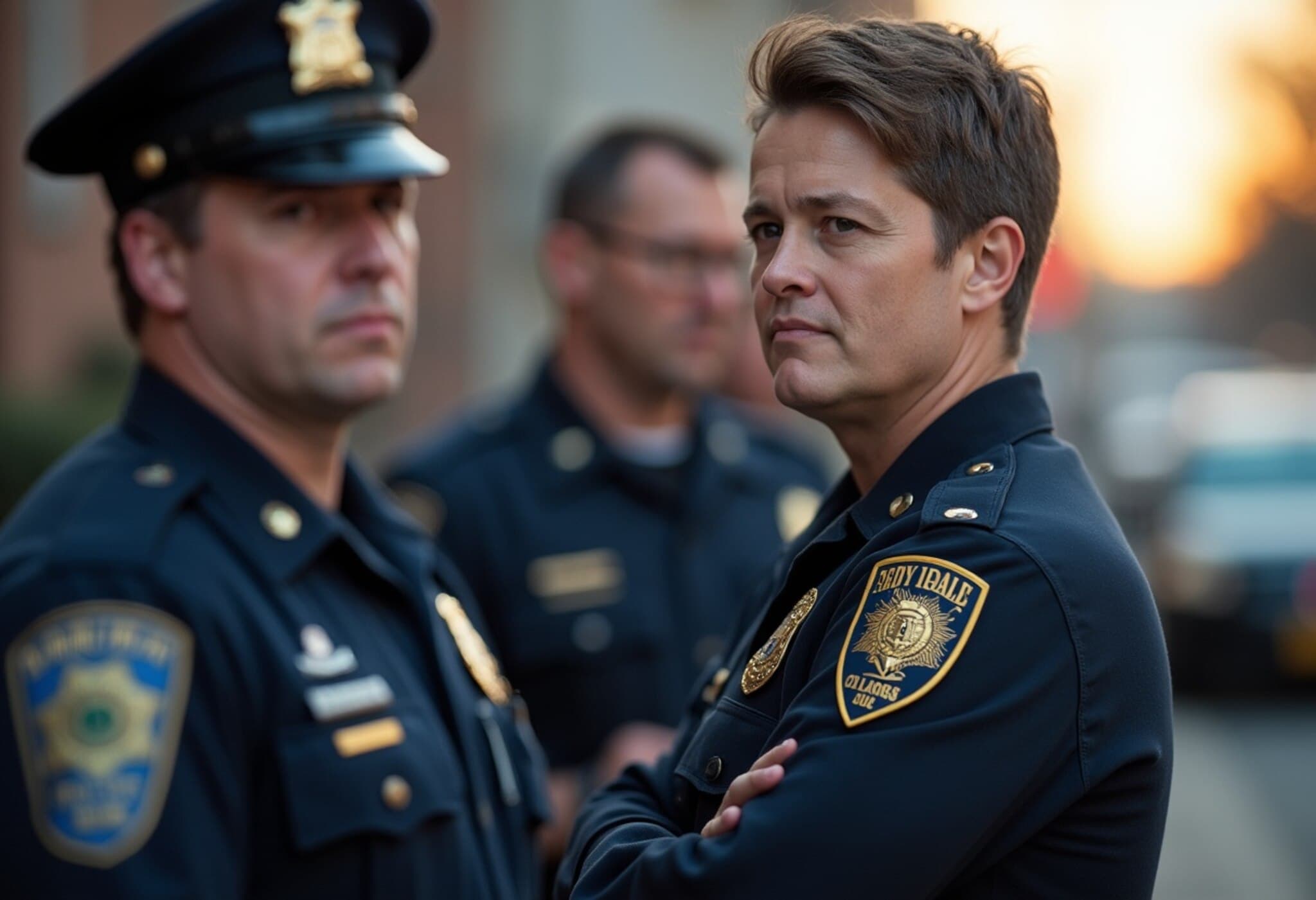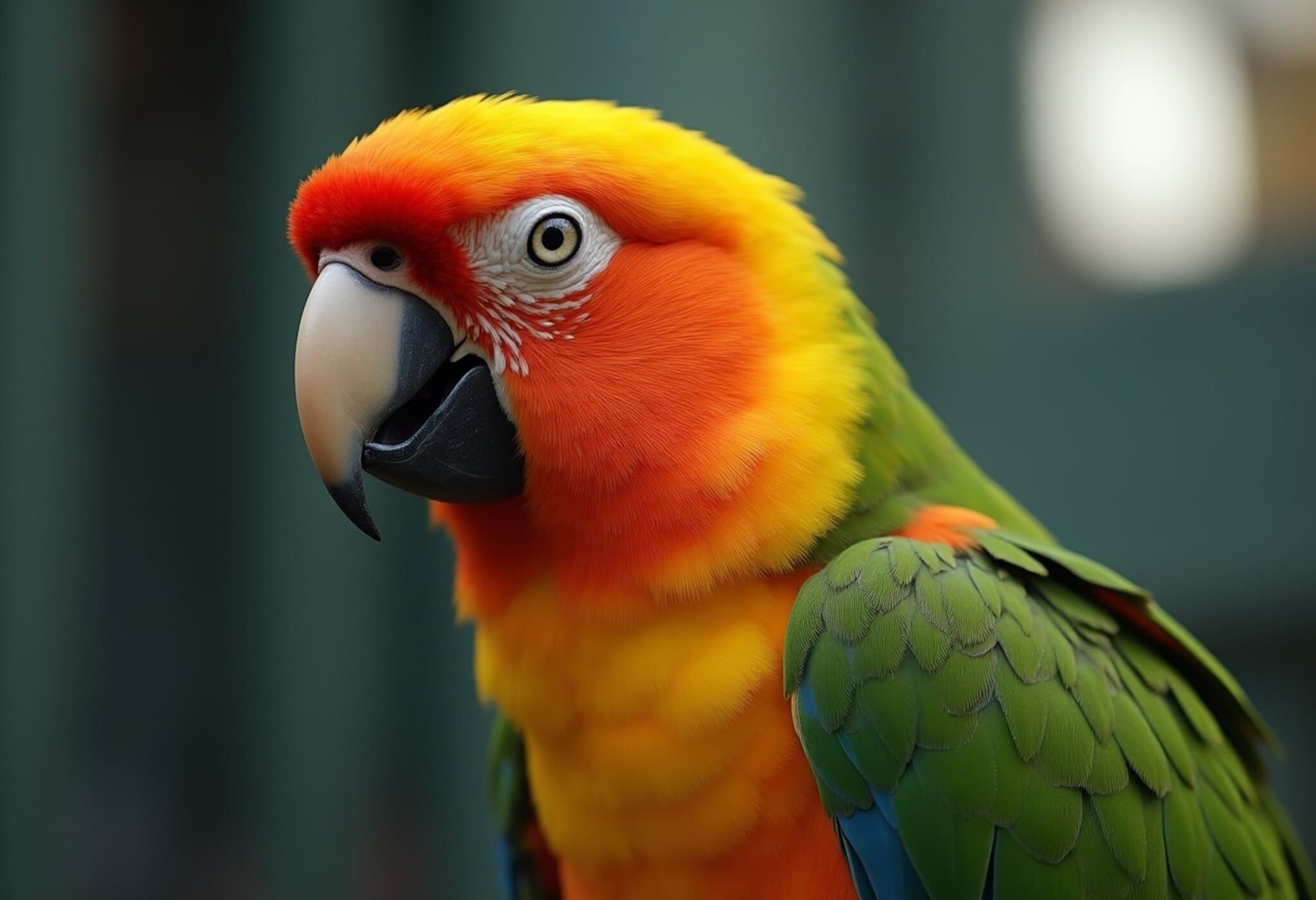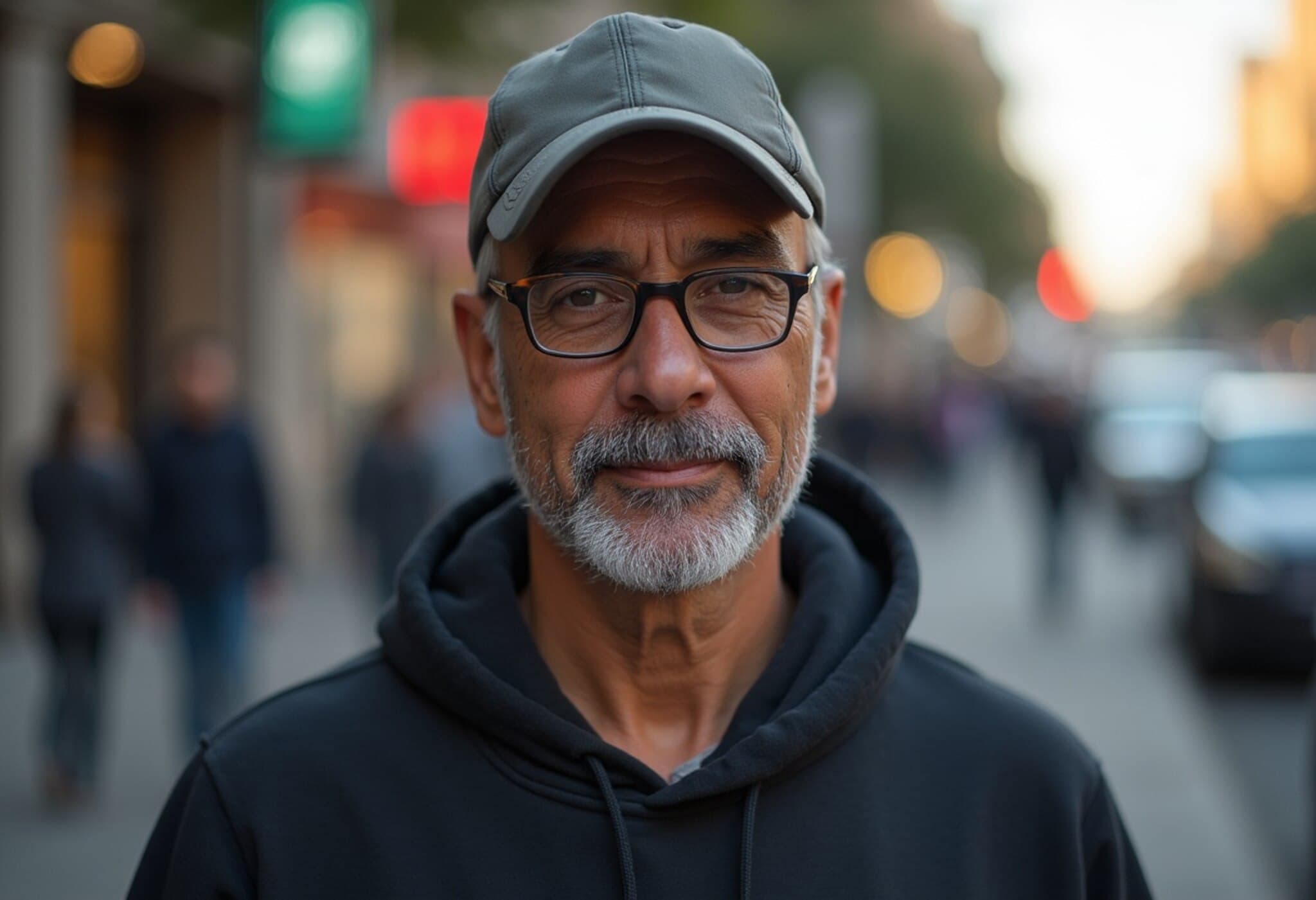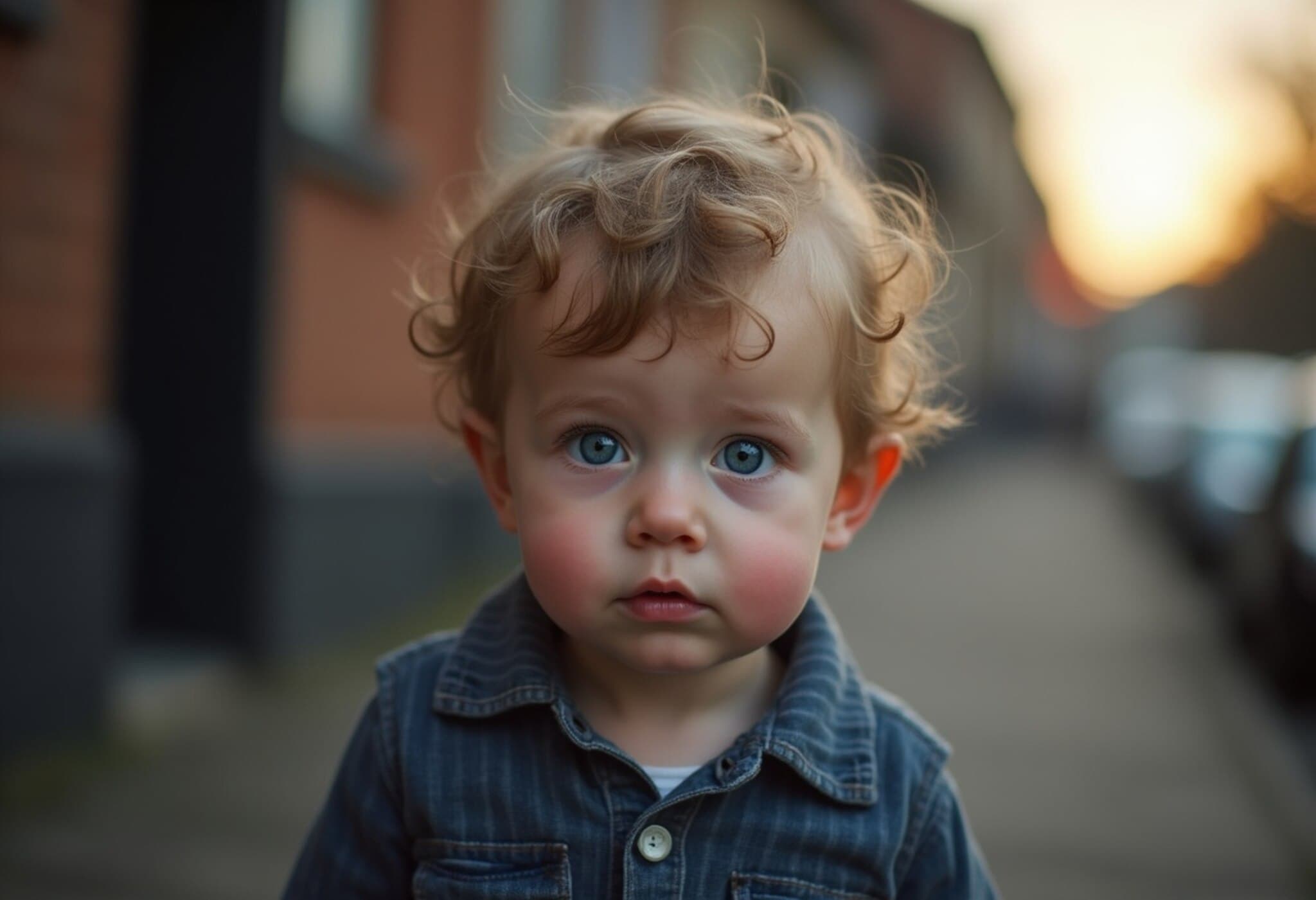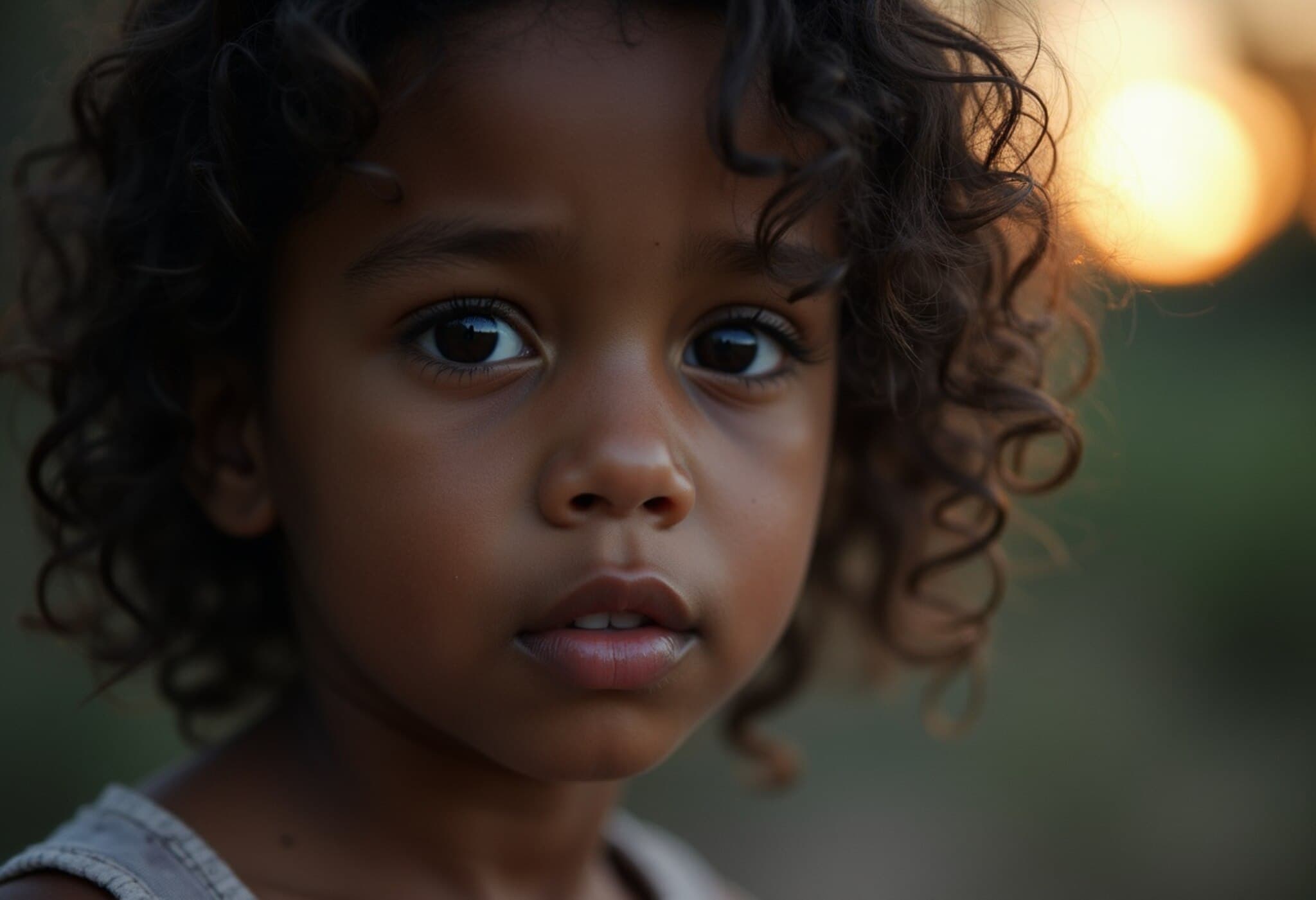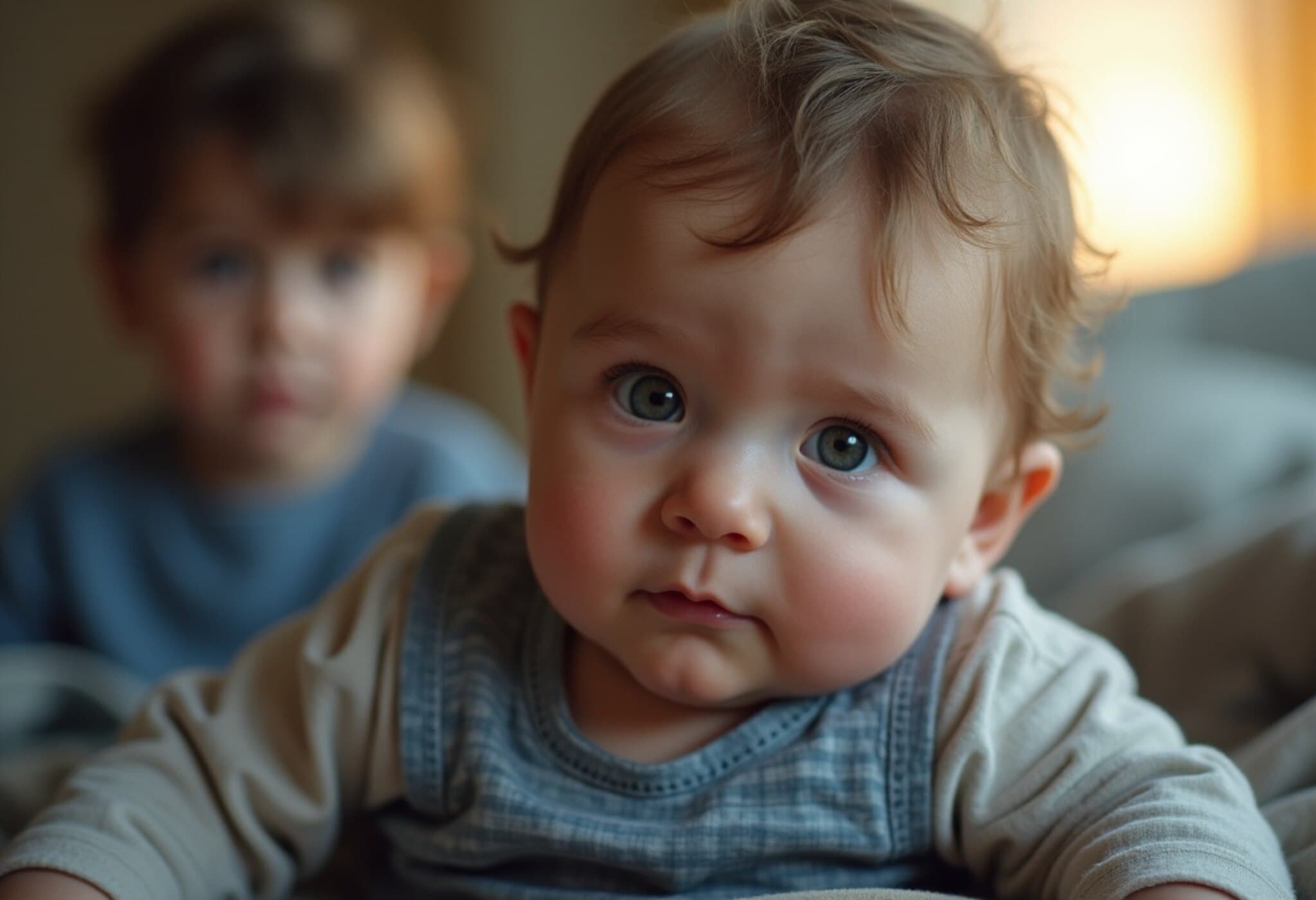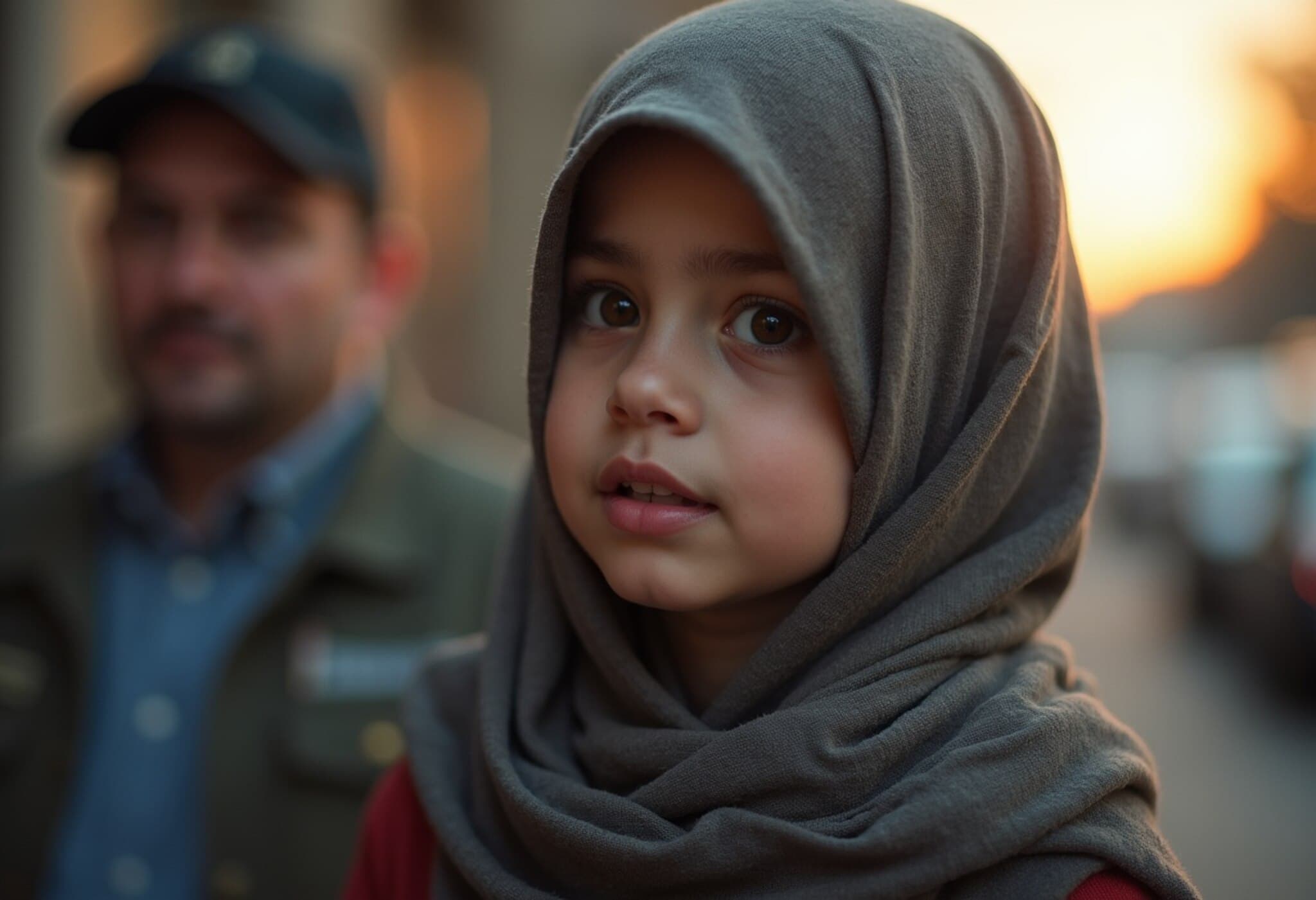Florida Family Faces Grim Charges for Alleged Severe Child Abuse
In a harrowing case unfolding in Fort White, Florida, four adults stand accused of subjecting nine children to unimaginable abuse, highlighting alarming gaps in child protection and community vigilance. The grim details emerged following a welfare check that uncovered children locked in makeshift cages, punished by being sprayed with vinegar, drugged without prescription, and denied fundamental education.
Disturbing Conditions Uncovered During Welfare Check
Brian Matthew Griffeth, 47, Jill Elizabeth Griffeth, 41, along with their adult children Dallin Russel Griffeth, 21, and Liberty Ann Griffeth, 19, were arrested on July 22 after authorities were alerted to troubling living conditions inside their mobile home nestled deep in Columbia County's woods, about 35 miles northwest of Gainesville.
The nine children, aged 7 to 16, include five biological offspring and four children privately adopted from Arizona. The disparity in treatment among the children raised initial red flags — authorities observed adopted children performing chores, while biological children appeared to be left playing or watching television.
Horrific Abuse: From Caging to Physical and Sexual Assault
According to reports from the Columbia County Sheriff’s Office and court documents obtained by Law & Crime, the abuses alleged are both harrowing and multifaceted:
- Children were confined beneath a bunk bed, trapped by a board screwed in place, effectively creating a cage. One 14-year-old boy revealed that he was kept there for hours, only released for meals or playtime, forced to hold his bladder overnight.
- The same boy was found to not know basic facts such as his birthday and had never received proper education, still in the fourth grade as per his account.
- Another 14-year-old girl declared herself illiterate, confirming she had not attended school in years.
- Jill Griffeth reportedly enforced torture methods such as pressing plywood onto children lying prone on the floor, causing splinter injuries.
- Brian Griffeth allegedly administered beatings with a cane, carefully avoiding leaving visible bruises.
- Children were medicated with drugs not prescribed to them and instructed to conceal the home's true conditions under duress.
- At least one adult Griffeth family member faces sexual assault allegations, underscoring the severe trauma inflicted upon these minors.
Broader Context and Legal Ramifications
The Griffeth family relocated from Arizona earlier in 2024, and this case raises unsettling questions about the oversight of foster and adoptive placements across state lines. Authorities traced a tenth child, previously in the Griffeth home, back safely to biological parents in Arizona after she reached out begging to leave the abusive environment.
All four adults remain detained in Columbia county jail, with bonds set between $500,000 and $1.5 million. Meanwhile, the Florida Department of Children and Families has taken custody of all nine children, who are now receiving medical and psychological care. Child protection specialists conducted in-depth interviews shielding the minors’ identities looming large in the investigation.
Expert Opinion: Unpacking the Larger Implications of This Case
This distressing episode shines light not only on the harrowing impact of domestic abuse but also on systemic challenges within child welfare supervision, particularly regarding private adoptions and foster care arrangements. Legal experts stress the importance of rigorous home evaluations and continuous monitoring to prevent such abuses.
Moreover, this case prompts a broader societal reflection on how communities detect and report suspected abuse. Neighbors and social circles can act as vital safeguards if empowered and vigilant, underscoring the significance of public awareness campaigns on child welfare.
Moving Forward: A Call for Strengthened Protections and Awareness
As the Griffeth case unfolds through the justice system, it advocates for reform in the protocols surrounding adoption and foster care placements, ensuring that no child slips through the cracks of bureaucratic oversight. Simultaneously, it reminds us all of a shared responsibility to protect vulnerable children from hidden harms.
Editor's Note:
The distressing revelations from this Florida case serve as a stark reminder that abuse can lurk in the most concealed environments. While law enforcement's swift response has removed these children from danger, it also calls attention to systemic shortcomings in child welfare oversight, especially in private adoption contexts. This story urges policymakers, communities, and individuals alike to prioritize vigilance, early intervention, and comprehensive support systems to safeguard children's rights and wellbeing.

